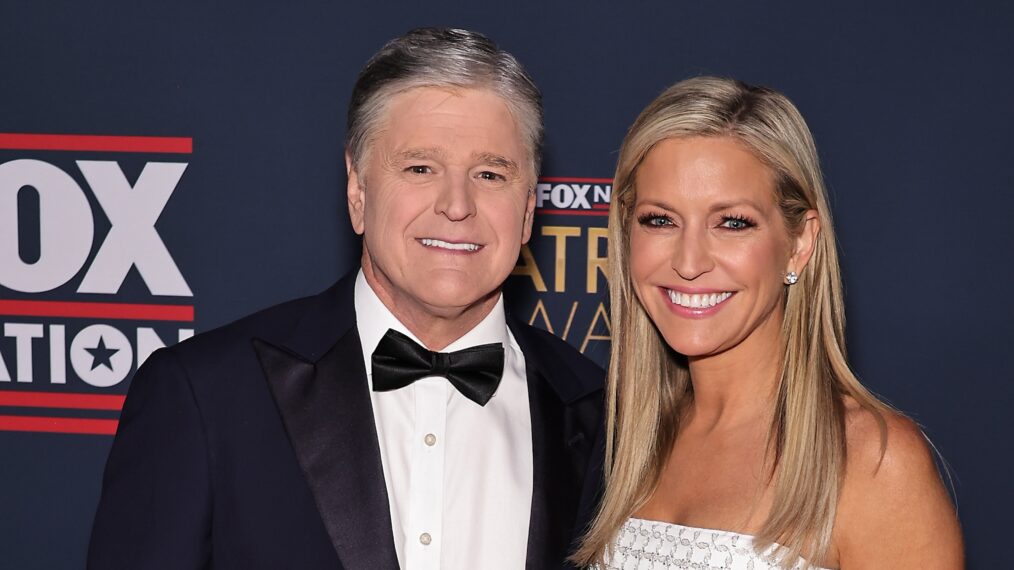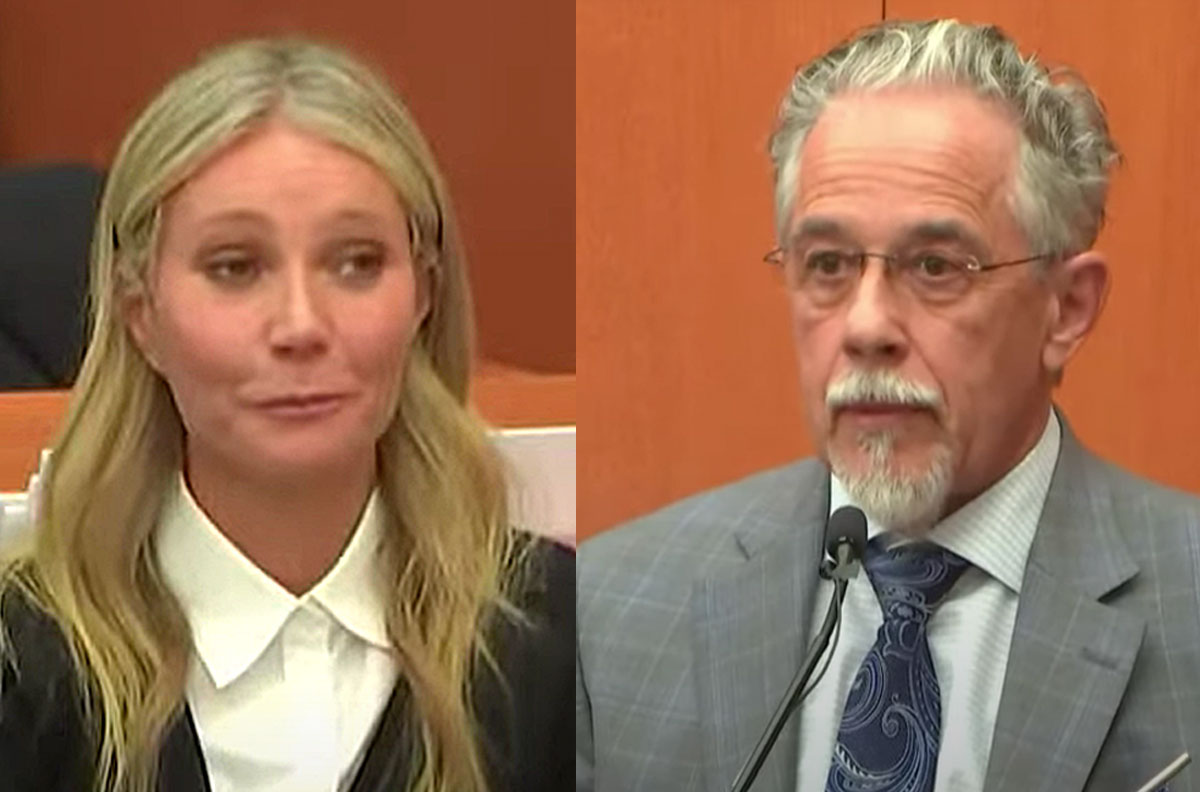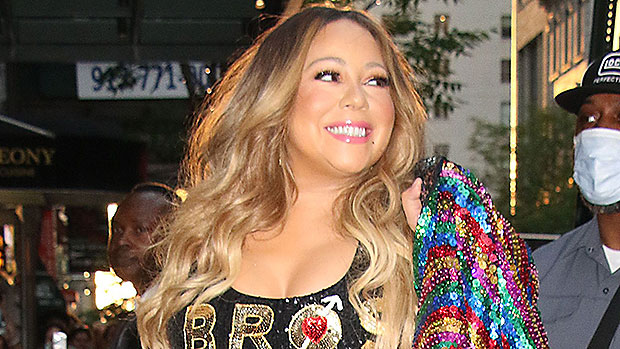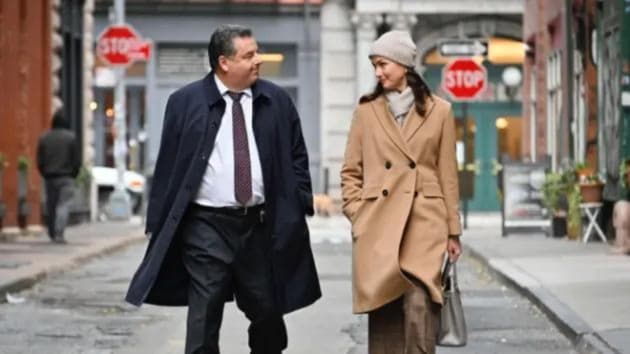Unlock the Editor’s Digest for free
Roula Khalaf, Editor of the FT, selects her favourite stories in this weekly newsletter.
UK chancellor Jeremy Hunt placed a £10bn cut in national insurance at the heart of a Budget designed to chip away at Labour’s polling lead while leaving the door open for more tax reductions before an autumn election.
Conservative MPs broadly welcomed what Hunt called his “responsible” Budget, but they admitted it had not delivered a knockout political punch and was unlikely to be the launch pad for a snap May election.
Hunt’s Budget on Wednesday contained a 2p cut in employee national insurance rates — partly funded by a crackdown on perks enjoyed by so-called “non-doms”, who are resident in the UK but domiciled for tax purposes overseas — but he was penned in by very tight public finances.
“It kept us in the game, but it’s not a game-changer,” said one former Tory minister. Another ex-minister said the party mood was flat. “It doesn’t feel like a May election now. If that was the launch pad? Jesus wept.”
Most Conservative MPs welcomed the cut in national insurance rate from 10p to 8p, which repeated a 2p cut in the Autumn Statement. The combined effect of a 4p cut is worth an average £900 to 27mn workers.
Tory MPs also backed one of the few surprise measures in the Budget: Hunt raised the threshold at which parents are charged for claiming child benefit to £60,000 from £50,000, pushing back a notorious tax cliff-edge.
But with the Conservatives trailing the opposition Labour party by 20 points, Hunt is under pressure to do more later in the year. Asked if this was the last throw of the dice, Hunt told Sky News: “Absolutely not.”
Asked if he could hold another fiscal event in the autumn, he said: “Let’s see.” He added: “That depends when the prime minister chooses to call the election.”
Hunt signalled that his “long-term ambition” was to abolish employee national insurance altogether, a pledge likely to be central to a Tory general election pitch. Some Tory MPs would have preferred Hunt to focus on more “retail-friendly” cuts to income tax.
The Budget was accompanied by forecasts from the Office for Budget Responsibility which confirmed Hunt’s fiscal predicament. The UK economy is predicted to grow by only 0.8 per cent this year and 1.9 per cent in 2025.
In per-person terms the picture is more pessimistic still. After a decline this year, real gross domestic product per person is only forecast to return to its pre-pandemic peak in 2025, according to the OBR.
“Persistent weakness” in per-person output has, the fiscal watchdog said, been driven by “rises in inactivity and subdued productivity growth, which has remained well below its pre-financial crisis average in recent years”.
Despite Hunt’s tax announcements, OBR forecasts also showed the UK’s tax burden still climbing — largely due to previously announced freezes to tax thresholds at a time of high inflation. It said tax as a share of GDP would rise to 37.1 per cent in 2028-29, the highest level since 1948.
Hunt partly funded his tax cuts by calling on “those with the broadest shoulders to pay a little more”, including putting up air-passenger duty for business travel.
So-called “non-doms” — wealthy non-domiciled residents of the UK — will pay an extra £2.7bn by 2028 after the current tax regime was axed, as Hunt raided Labour policies to help fill a fiscal hole.
Hunt also adopted Labour’s idea of extending a windfall tax on oil and gas companies, drawing criticism from senior Scottish Tory MPs, including energy minister Andrew Bowie.
Labour leader Sir Keir Starmer said the Budget was the “last desperate act of a party that has failed”. His allies said Labour was looking at how to fill a hole in the opposition’s fiscal plans created by Hunt adopting some of its policies.
However, Labour officials said that — as with Hunt’s Autumn Statement — the party could not see anything in the Budget that it would oppose.
The chancellor also promised to reform the individual savings account system to “encourage more people to invest in UK assets” and said he would press ahead with a retail sale of the government’s stake in the banking group NatWest in the summer.
London’s domestically focused FTSE 250 index rose 1.4 per cent after Hunt said a new British Isa would allow an additional £5,000 annual investment for UK equities “with all the tax advantages of other Isas”. Yields on UK government debt were little changed by his announcements and there is no expectation of the new allowance arriving before the next election.
The chancellor also found cash for traditional crowd-pleasers, including a further £5bn freeze in fuel duty and holding alcohol duty.
Hunt highlighted the OBR’s new forecast for inflation, showing it falling from 4 per cent to below the Bank of England’s 2 per cent target in “just a few months’ time”.
But behind the chancellor’s upbeat rhetoric about the economy “turning a corner on growth” was a sombre backdrop of continued pressure on Britain’s creaking public services.

To address the crisis in the public services, Hunt announced a range of reforms and extra investment intended to raise productivity in the NHS and other key areas.
In a continued squeeze on public expenditure to meet his fiscal targets, Hunt stuck with plans for a 1 per cent real-terms increase in day-to-day departmental spending from 2025-26. Capital spending is set to be frozen in cash terms.
The government’s decision means that on a per-person basis, spending will be flat in real terms for the rest of the decade, the OBR said, heralding further pressure on public services.

After the tax cuts and spending measures, the chancellor has been left with £8.9bn of “headroom” — one of the most slender for any chancellor for more than a decade, according to the OBR.
Underlying government debt will peak at 93.2 per cent of GDP in the second half of the decade, before edging lower in 2028-29 to 92.9 per cent, so meeting the key government’s fiscal rule.























































![Bruno Mars, Anderson .Paak, Silk Sonic – Smokin Out The Window [Official Music Video] Bruno Mars, Anderson .Paak, Silk Sonic – Smokin Out The Window [Official Music Video]](https://i.ytimg.com/vi/GG7fLOmlhYg/maxresdefault.jpg)















![‘Survivor 47’ Finale Recap Part 2, [Spoiler] Wins ‘Survivor 47’ Finale Recap Part 2, [Spoiler] Wins](https://tvline.com/wp-content/uploads/2024/12/survivor-finale-part-2-cbs.jpg?w=650)







